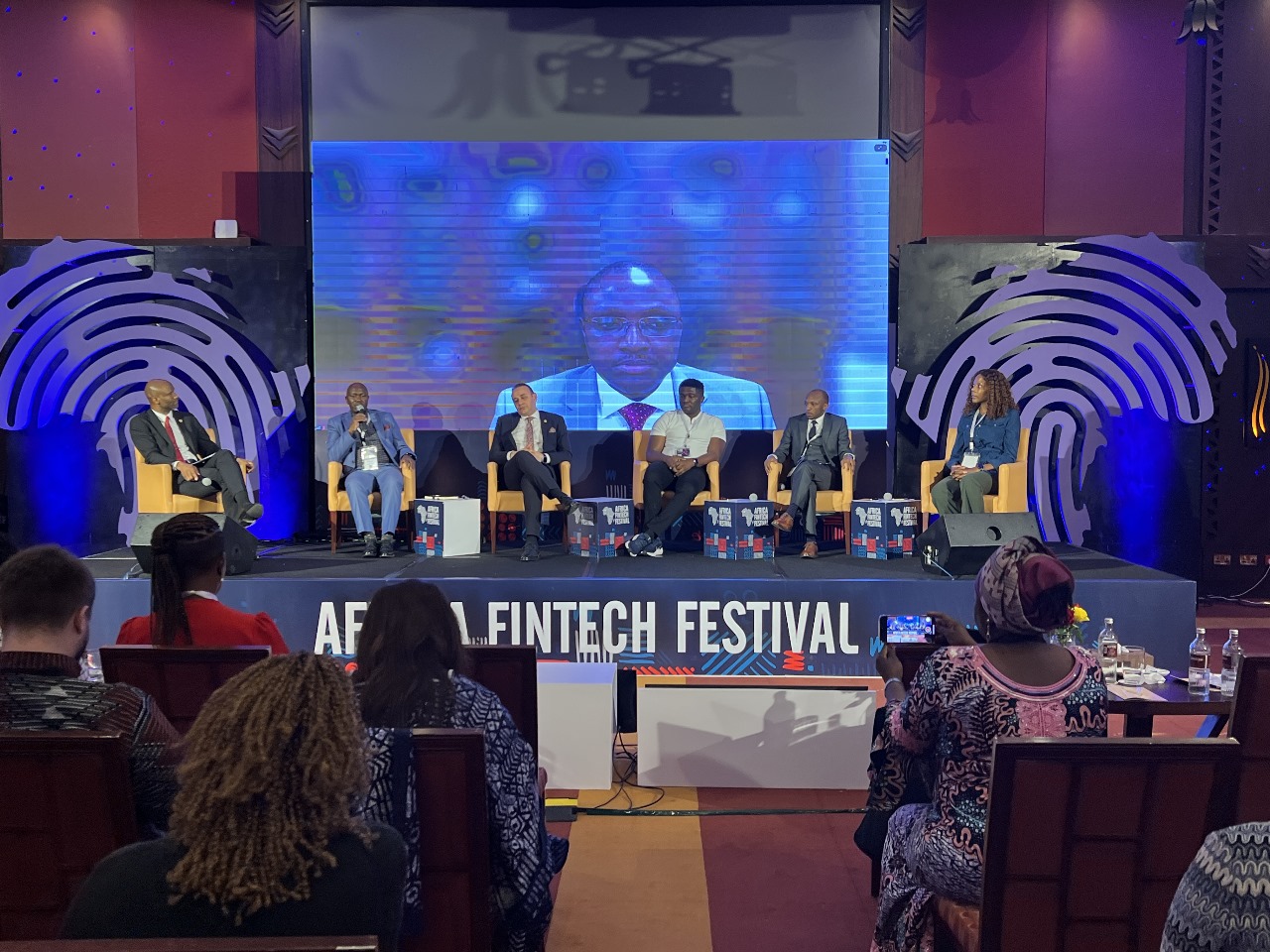Africa could accelerate trade within the continent with establishment of cross border financial technologies that encourage intra-trade settlements in local currencies.
According to technology experts who attended the 2024 African Fintech Festival organized by the Association of Fintechs In Kenya (AFIK) and Africa Fintech Network (AFN), despite the African Continental Free Trade Area (AfCFTA) going live on January 1, 2021, lack of a seamless continental payments solutions that also protect small and medium enterprises from foreign exchange losses is a missing link.
“At any one time, we are dealing with a lot of volatility around our currencies across Africa so this posses that challenge around remittance because the value is changing laterally every hour,” said Leone Kiptum, Senior Vice President East Africa, Flutterwave and AFIK board member.
Financial technologies (fintechs) have been identified as key in the growth of the African intra-trade which is currently at 16pc when compared to 68pc for Europe, 59pc for in Asia and 55pc in America.
Speakers at the festival also called for increased development of the continent’s communications infrastructure in order to enhance connectivity that will allow uptake of fintech solutions.
According GSMA, in 2022, Africa 15pc of people in the continent had no access to mobile broadband while another 40pc had access to broadband but lacked a device.
“It’s fintechs that are going to drive the type of innovation, the type of breakthrough that is needed to achieve this faster and making it accessible to everyone,” Adrian Pillay, sales vice president at Provenir.
Financial regulators especially central banks in the continent have pointed out limited technical and financial resources and lack of clear mandate when it comes to regulation of the fintech ecosystem a move that has hindered ability by fintechs to facilitate cross border trade through application Programming Interface (APIs).
“The significant differences we have in terms of how our central banks across Africa manage licensing is a challenge because I have to go through a different processes in every market to be able to get a license to operate. Can we find a standard,” added Kiptum.
AFIK Board Member Mary Mwangi noted, “The standards need to be the same. It should not be which country I am going to nor should it depend on what time of integration I am working with.”
The two day AFF brought together government officials, policymakers, private sector, innovators and tech leaders to deliberate ways of catalyzing smart regulation, green technology and agriculture technology.





